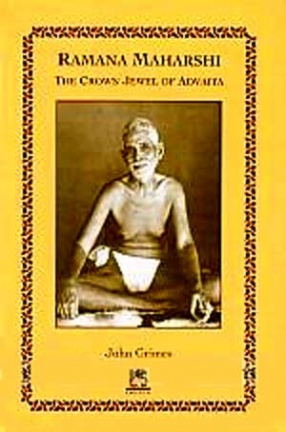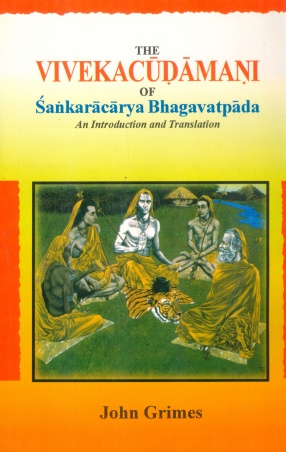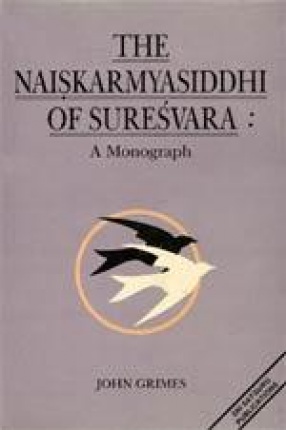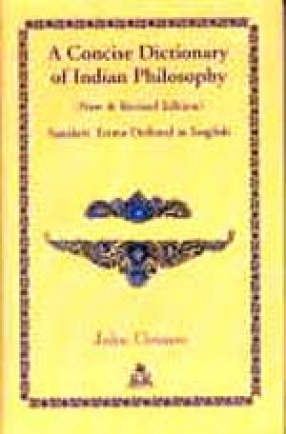
John Grimes

Showing all 7 books

On the life and achievements of Ramana Maharshi,1879-1950, Hindu philosopher and saint from Tamil Nadu, India.

Advaita Vedanta is one of the most important and widely studied schools of thought in Hindu philosophy and the Vivekacudamani is one of the most important texts in the Advaita tradition and the most popular philosophical work ascribed to the great Indian philosopher, Sankara. Sankara (c. 650-700) is considered to be a giant among giants and probably the most venerated philosopher in India's long history.

As a compendium of Advaita Philosophy. The Naisakarmyasiddhi touches on all the salient features of that system. Consisting partly of verse and partly of prose, it presents a clear, brief, and simple account of the Advaita doctrine. Its style is charming and Suresvara handles the philosophical arguments with ease. The central question that the book deals with is ‘literation from transmigratory existence and the means thereto’. Ignorance of the Self (Atman) is ...

An Advaita Vedanta Perspective on Language is an attempt to solve the problem(s) inherent in religious assertions. Philosophers in general and linguistic philosophers in particular are concerned with what can and cannot be expressed in language. The problem is: How to talk intelligibly about a divine subject-matter using ordinary, mundane human language? Religious discourse uses ordinary words of day-to-day discourse in an extraordinary way. What is the ...


Is there a truth, somewhere, which is so certain that no reasonable individual could doubt its veracity? The excitement of this quest come from the scent of freedom. Both Shankara and Heidegger erect a 'metaphysics of experienced' upon the pillars of Being, Truth, and Freedom. Metaphysics is concerned with a theory of reality while a 'metaphysics of experience' is a quest for Being qua Being. The comparative study of religion and philosophy will find that these ...

This new and revised third edition presents a comprehensive dictionary of Indian philosophical terms, providing the terms in both Devanagari and roman transliteration along with an English translation. It offers special meanings of words used as technical terms within particular philosophical systems. It contains etymological roots and the meanings of terms fundamental to epistemology, metaphysics, and practical teachings of the heterodox and orthodox schools of ...
